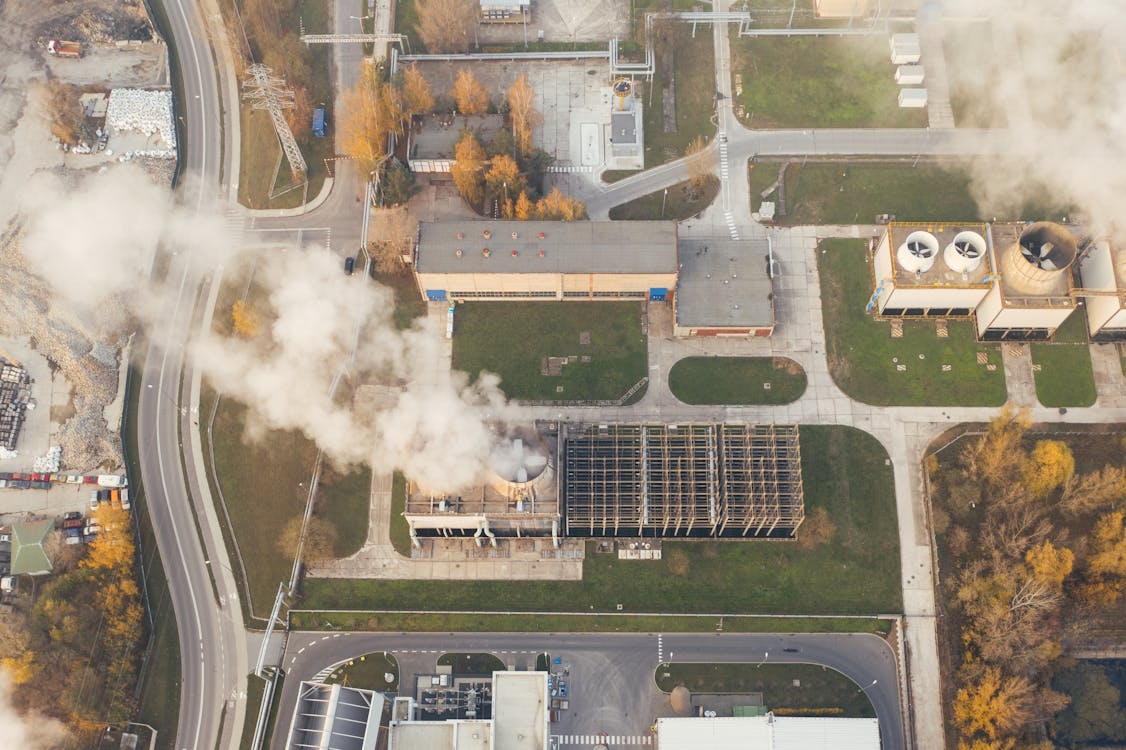Learn how B2B platforms are transforming the way chemical factories operate in 2026 and why they are the way forward for enhancing transparency in digital trade with global access.
Chemical Industry in 2026:
Unpredictable geopolitics, mutual or one-sided trade wars, and rising inflation have brought constant uncertainty to every business. This is also felt in the chemical industry, where production facilities and their partners strive to gain better control over their operations.
The management of such businesses faces several challenges, including finding reliable suppliers, addressing logistical issues, ensuring regulatory and environmental compliance, and achieving a minimal carbon footprint.
All this puts immense pressure on management, as such external actors are extremely volatile, making them more challenging to handle. In this frenzy, online B2B platforms have emerged to streamline the operations of both chemical factories and suppliers, enabling them to tap into new export markets. However, this change was not a simple one, as several factors contributed to it.
DEEPER DIVE: Top 10 Arizona ZIP codes people are moving to in 2025
LOCAL NEWS: 100 best places to work and live in Arizona for 2025
The Adoption of B2B Platforms
1. The COVID Acceleration
The aftermath of the coronavirus has exposed the vulnerability of supply chains for almost every business, leaving management scratching their heads. The numerous government-imposed lockdowns led to disruptions in logistics, which forced almost all industries to adopt a fully digitized approach. Companies began to seek more effective solutions for procurement, supplies, and shipping end products within their global trade networks. This was the time when B2B platforms for chemical sourcing also experienced significant growth.
2. Digitization in Chemical Trade
This transition of both sourcing and shipping also accelerated the shift from conventional to digital trade systems. Chemical factories began to transition to their own versions of digital systems, enabling them to work with long-standing suppliers. Such practices were more efficient than the traditional system, but still were not transparent and convenient. This gap in digitization was filled by B2B chemical sourcing platforms, which offered transparency, global reach, and convenience.
3. Support for Circular Economy
Such platforms host reputable global suppliers with genuine reviews, which also offer green-certified chemicals and directly contribute to the development of the circular economy. With flexible supply chains and transparency in place with such B2B platforms, such green products help support both profitability and sustainability for all parties.
Advantages of B2B Sourcing Platform
1. Global Market Access
These platforms enable chemical companies to not only obtain cheaper and higher-quality supplies but also collaborate with global suppliers, thereby making their operations more globalized. This makes their supply chains more resilient to any future pressures and also helps management find cost-effective partnerships.
2. Transparency in Sourcing
The leading B2B platforms operate in accordance with global standards, including REACH, ISO, and GHS. This results in a fully transparent operating system, where every transaction leaves a digital trail, making it easier to trace the origin of the sourced product and enabling verification of quality standards. Moreover, the chemical factories sourcing from other suppliers can also easily comply with environmental standards through such platforms due to this transparency.
3. Flexible Supply Chains
Since these platforms provide access to global suppliers, companies can instantly source alternative materials, negotiate better terms, or even switch suppliers to achieve the best results. Such multi-sourcing strategies make supply chains more flexible in the face of potential future external factors that could disrupt businesses.
Best Chemical B2B Platform 2026
In the current business landscape of chemical products, numerous B2B platforms are transforming industrial trade, where ECHEMI has established itself as a prominent name due to its extreme transparency and a large portfolio of chemical items crucial for every business in 2025 and beyond. What sets it apart from others is its “industry focus” approach, where the technical and regulatory needs of customers are thoroughly understood and catered to.
The platform offers over 10,000 verified, commonly sourced chemical products across various categories and features a robust, centralized verification and certification system for suppliers. The entire interface and management system for procurement is optimized to be faster, safer, and more transparent for both suppliers and businesses seeking partnerships.
Wrapping Up:
In 2026, chemical factories and their partners will heavily rely on B2B platforms for partnering in a transparent manner and to better prepare for geopolitical shifts. Platforms like ECHEMI help businesses embrace digitization, avoid the risk of fraud or substandard material procurement, expand their global supply chains, and operate more efficiently.




